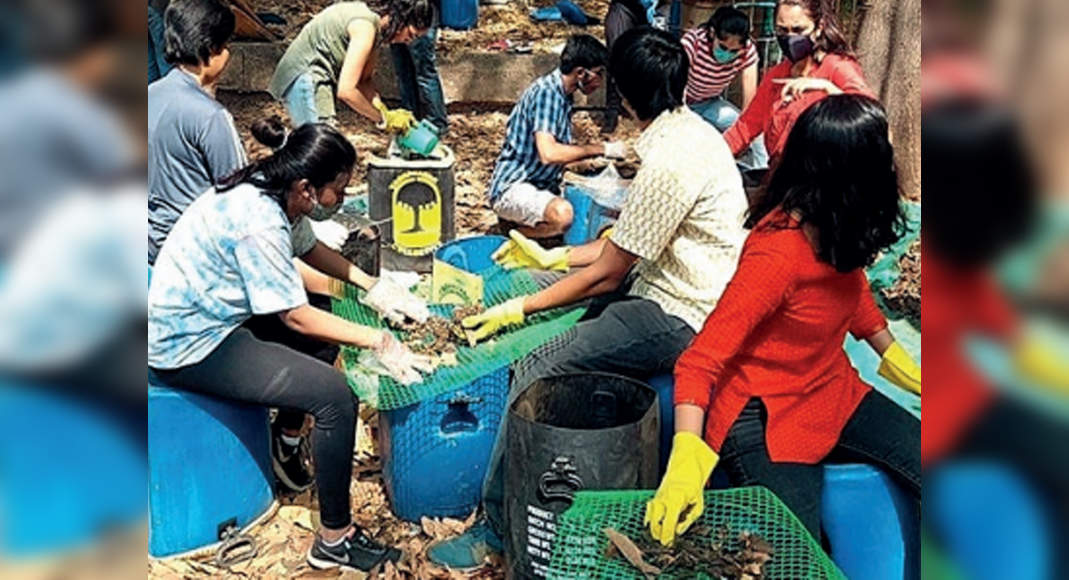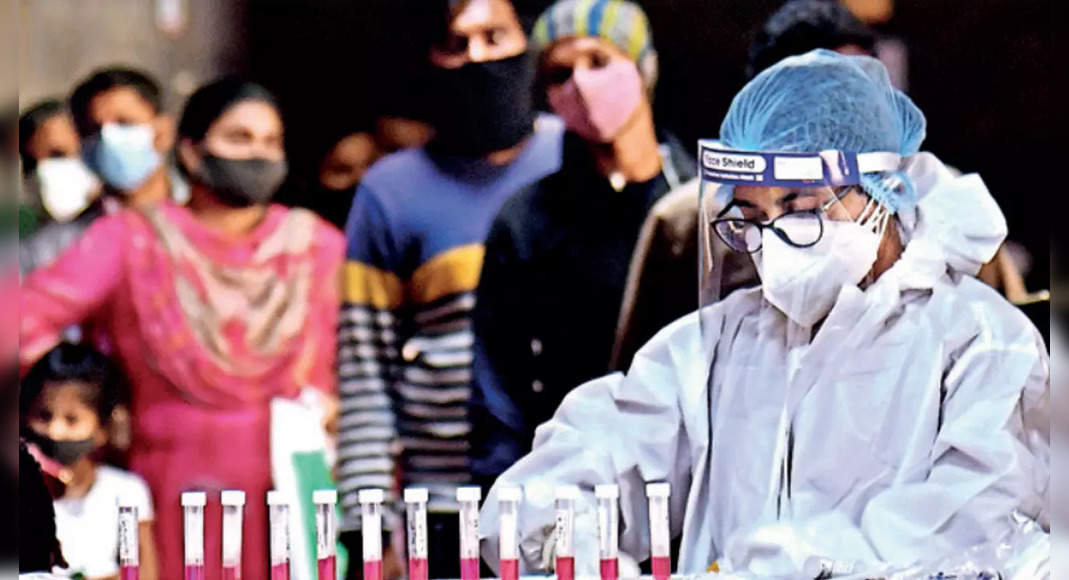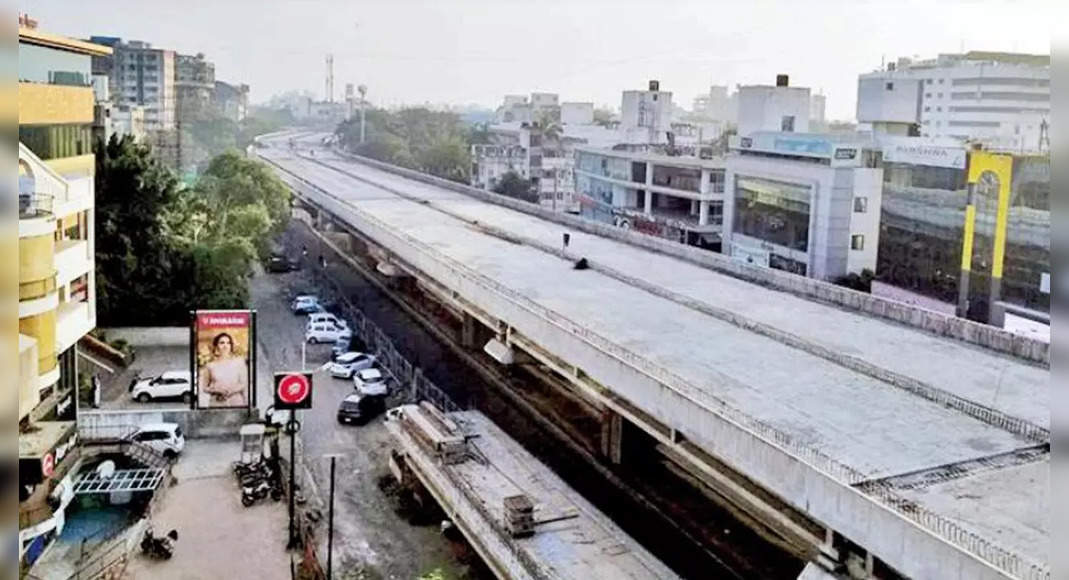VADODARA: A group of college students and young professionals have joined hands to tackle the problem of climate change in Vadodara.
Under the banner of Vadaavaran Collective, these volunteers started a waste-to-value cycle model last year during the Covid-19 induced pandemic.
The moniker is a combination of two words – Vad (meaning Banyan tree of Vadodara) and ‘Vataavaran’ (meaning the environment).
In this drive, raw organic food waste from households and societies in Vasna, Alkapuri and Gorwa areas of the city is collected and then composted in a plot loaned by the Baroda Industrial Development Corporation (BIDC).
After it is processed into decomposed nutrient rich compost, it is given back to the same households to support their own green environs.
Vadaavaran had participated in the Gigatonne Challenge, a global response to climate action where over 20 teams from around the world had come together to reduce Co2 emissions in their respective cities.
It was recently selected for the Swachata Saarthi fellowship, a government sponsored grant under the ‘waste to wealth’ mission of the Swacchhta Abhiyaan.
The grant grant supports community waste-to-wealth initiatives with monthly funds across the country.
“Within five months, we successfully collected over 2,000 kg of food waste, generated over 200 kg of compost and reduced over five tonnes of Co2e (greenhouse gasses) emissions,” said Rajasi Rastogi, one of the founding members of Vadaavaran.
When raw food is mixed with plastic waste and goes to landfills, it releases harmful greenhouse gases and contributes to the larger problem of waste generation.
“Every 400 kg of food waste composted can save up to one tonne of CO2e gases from being released into the environment,” said Rastogi, 26, who has studied industrial design from the University of Illinois.
A third-year economics student from Symbiosis Pune, Kruti Nakum, who has been in the city due to lockdown said, “We wanted to create a waste-to-value cycle using discarded fruit and vegetable peels and turning these into manure for gardens and making people interested in growing organic vegetables.
It, thereby, kills two birds with one stone!” Rastogi further said that the group wants to scale up this initiative to societies and organisations across the city.






